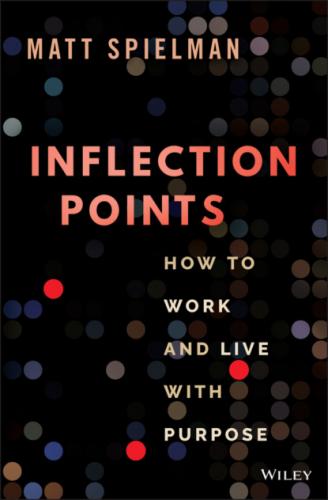THE “HEAD” COACH
The sad truth about traditional goal-setting approaches is that they just don't work. Most people don't get results. And even if they do, the results aren't meaningful because they didn't really think about why they wanted them in the first place. In truth, the system of traditional goal-setting can set us up to fail easily.
No one wants to admit this fact because there is such a strong social commitment in the current “self-improvement” system. We are told that goals are good, and that we should make them—even if we do not know why, or how. People have sunk a ton of time and intellectual/emotional labor into the goal-chasing process. There is now quite an industrial complex surrounding goals and discipline, and many individuals profit from the frustration of this process. Think of all the teachers, therapists, authors, guidance counselors, coaches, and speakers who want to talk to you about your goals.
The Game Plan System, in contrast, adds layers of intentionality, emotion, accountability, and principle to our planning practice. This allows us to make decisions and take actions with conviction, because we know that they are working in service of something of great importance to us. If we don't know what we're working on and what we're working toward, it's really hard to figure out what to do on a day-to-day, week-to-week, and month-to-month basis. I get fired up about this because goal-setting and other fallacies of conventional coaching just trap people further in the cycle of quiet desperation, and they end up walking in circles blindly, waiting passively for something to change. The GPS is the way out—and it starts today.
You can think of me as your coach, or guide. I am here to support and prompt the process of self-discovery and self-empowerment as you make it. Not in the way a therapist might (and we'll get into the distinction between therapy and coaching later), but in the sense that all external problems have an internal origin and an internal solution. The starting point for great transformation, whether professional, spiritual, emotional, or physical, lies within your very own mind.
My role, as your guide, is to reflect who you are and what you are doing. All the agency lies with you, the individual. I am here to listen and to inspire your path of self-discovery and self-empowerment.
You may be wondering what qualifies me to create GPS systems for my clients. There are many parts to the answer. I'll tell you a little about myself in the next chapter.
What you get by achieving your goals is not as important as what you become by achieving your goals.
– Michelangelo Buonarroti
From the Hockey Arena to the Business Arena
They say that if you do what you love, you'll never work a day in your life. Ted Page fits that description perfectly. He excelled in hockey in college and went on to enjoy an outstanding 10-year career playing professional hockey, including a stint as leader of the player's union. Ted was in his early 30s, and he had never held an office job. So here was the challenge: How does Ted, or any athlete, or anyone, for that matter, begin to contemplate a massive shift in career and identity?
Ted and I worked through the What, Why, How? model and we began to consider what he enjoyed, what lit him up, what energized him (the Sources/Drains exercise), and what he found most interesting. We then took his answers and examined what someone in his position, with that mindset, could manifest next in his life. Ted began to identify the different functions he would be interested in performing in the business world. Venture capital topped the list. Ted decided to get an internship at a venture capital firm. But another thing Ted had never done was go on a job interview!
Part of our work became interview prep. We talked about what kind of questions interviewers would ask. We developed the kind of answers that translated what he had learned on the ice into what he could do in the business world. Ted identified a series of skills relevant not just in the hockey arena, but also in the business arena. These skills included persistence, grit, bouncing back from injury, performing under pressure, teamwork, and not pointing fingers when things don't work out.
Ted secured an internship in venture capital and now he has a highly coveted general management training job at a consumer packaged goods company. Just because he was transitioning from hockey didn't mean he had to put his career aspirations on ice!
Note
1 1 Kennedy, President John F. (1962). Speech at Houston Space Center (12 September).
Конец ознакомительного фрагмента.
Текст предоставлен ООО «ЛитРес».
Прочитайте эту книгу целиком, купив полную легальную версию на ЛитРес.
Безопасно оплатить книгу можно банковской картой Visa, MasterCard, Maestro, со счета мобильного телефона, с платежного терминала, в салоне МТС или Связной, через PayPal, WebMoney, Яндекс.Деньги, QIWI Кошелек, бонусными картами или другим удобным Вам способом.
